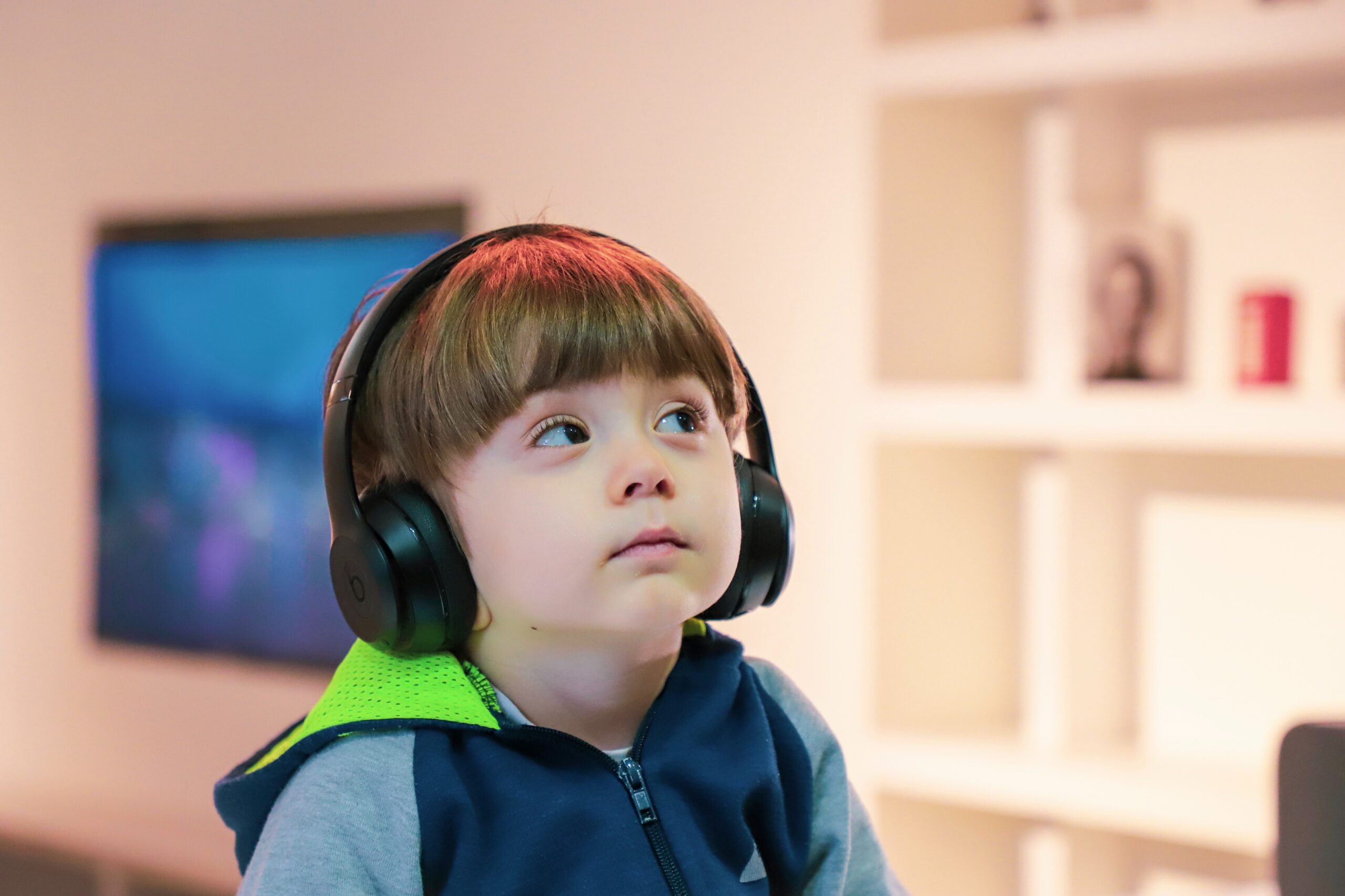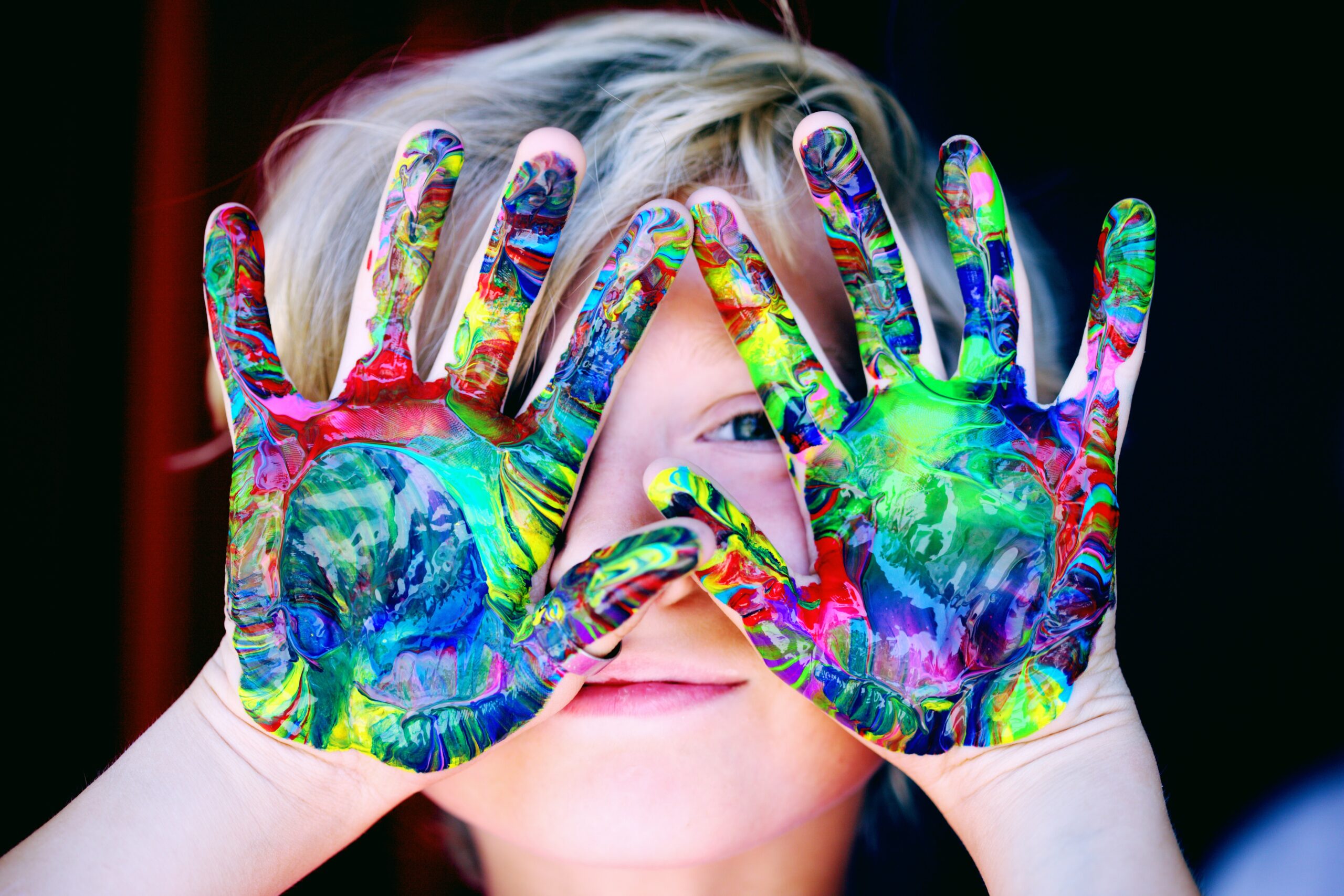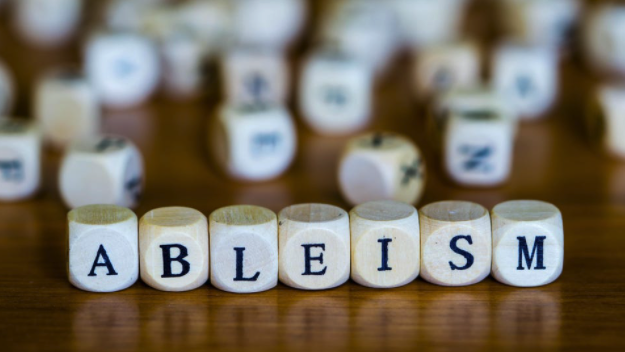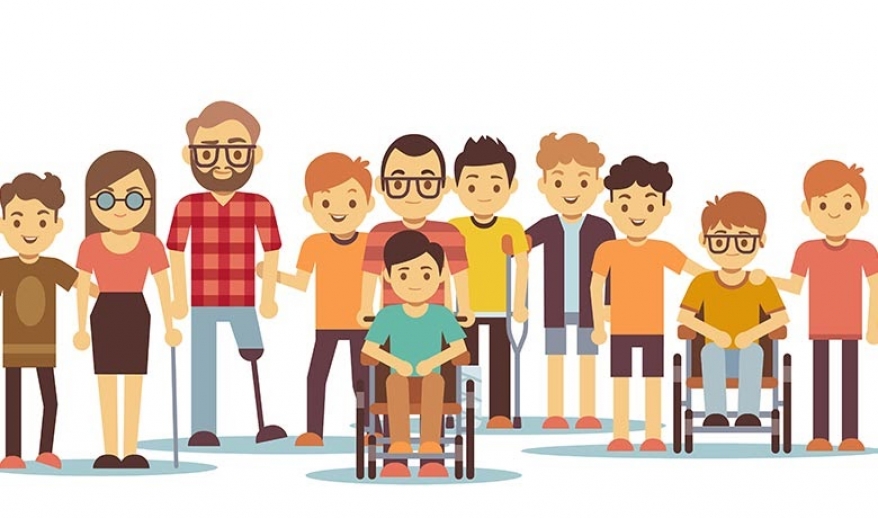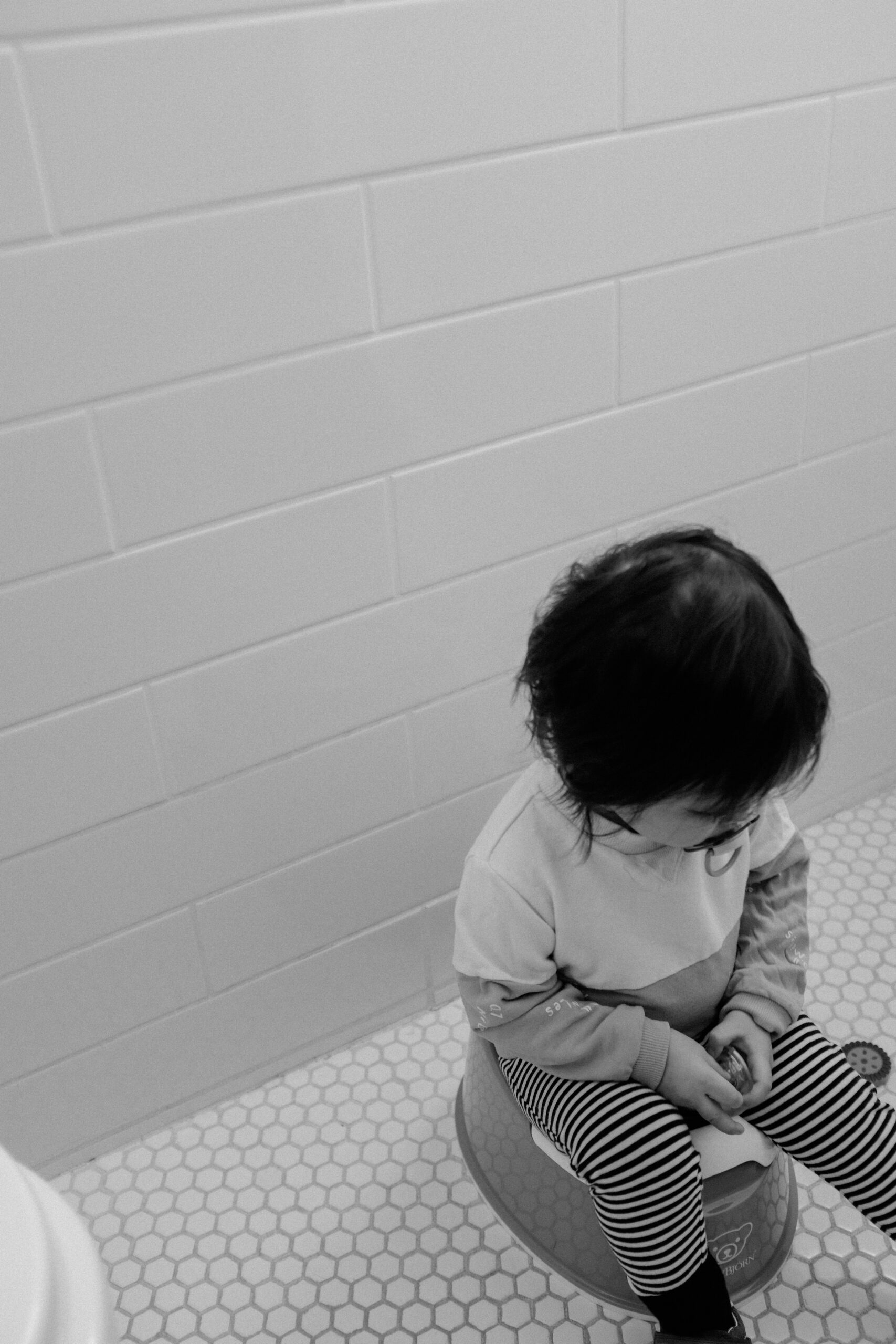Disability is Not a Bad Word; We Don’t Need Euphemisms to Sugar Coat Disability.
Person first language is taught in most health profession programs. That is why doctors, teachers, speech language pathologists, occupational therapists, will likely call your child or yourself a “child WITH autism.” This movement began in 1974, seeking to empower individuals by placing an emphasis on their individuality and personhood over their disability. Since this time […]
Continue Reading

